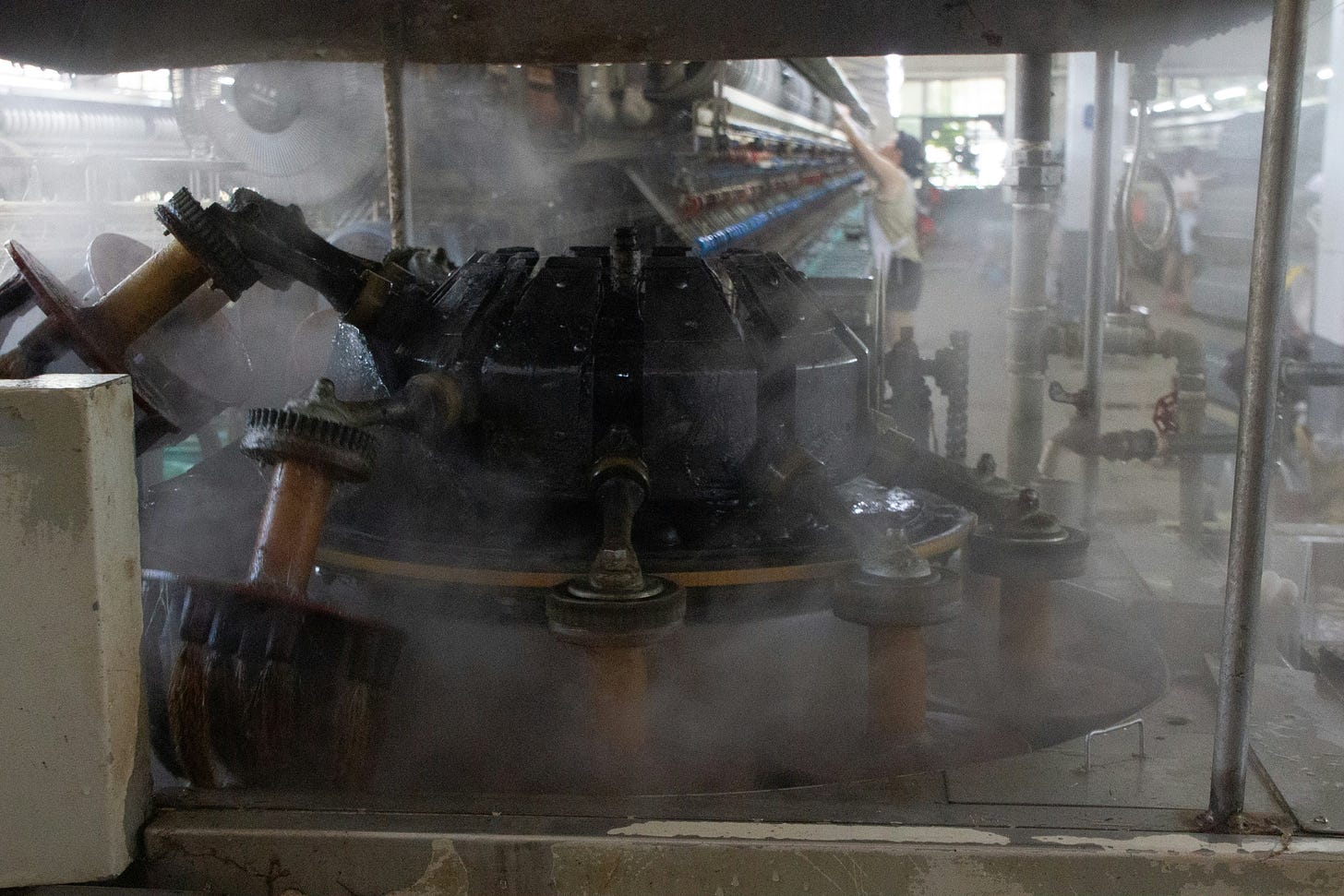Reflections - 16th of November.
When the Pressure in On....
When the pressure is on
When the pressure is on, as seems to be a permanent state right now, I believe the most critical skills we need are not leadership, strategy or transformation, but diplomacy.
Endemic uncertainty narrows our view of the world at the same time as it gives us ever more options, and increasingly less provenance. Separating the mendacious from the meaningful is increasingly difficult. Verifiable facts collide with noisy opinion viewed through ever more fragmented cultural lenses, creating boundaries where friction can produce enough heat to start emotional fires.
“War is nothing but a continuation of policy with other means.”
Carl von Clausewitz. On War. 1832
Whether it is a President who thinks that reputation can be weighed in eighteen-wheeler trucks of money, resident doctors who demand a baseline for pay that goes back to when they were barely out of primary school, or technology companies shedding people as though they were disposables, w…
Keep reading with a 7-day free trial
Subscribe to Outside the Walls to keep reading this post and get 7 days of free access to the full post archives.


